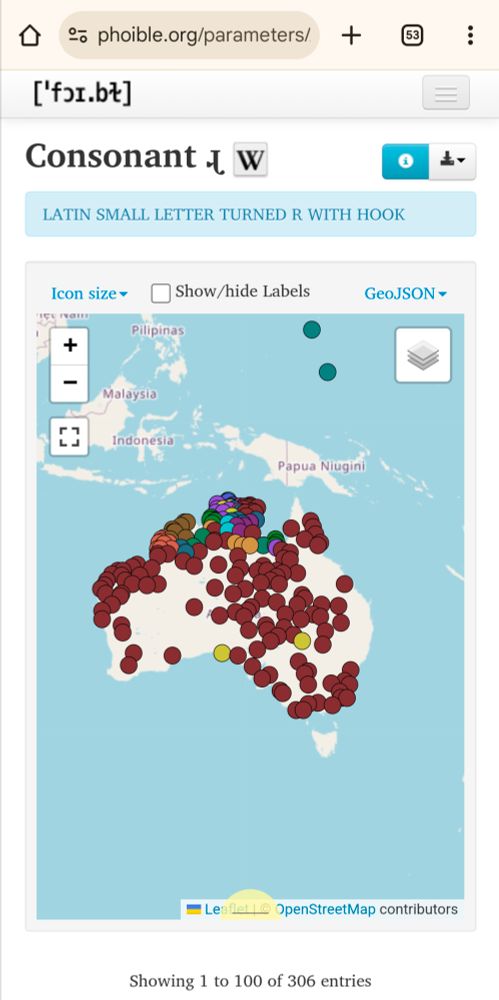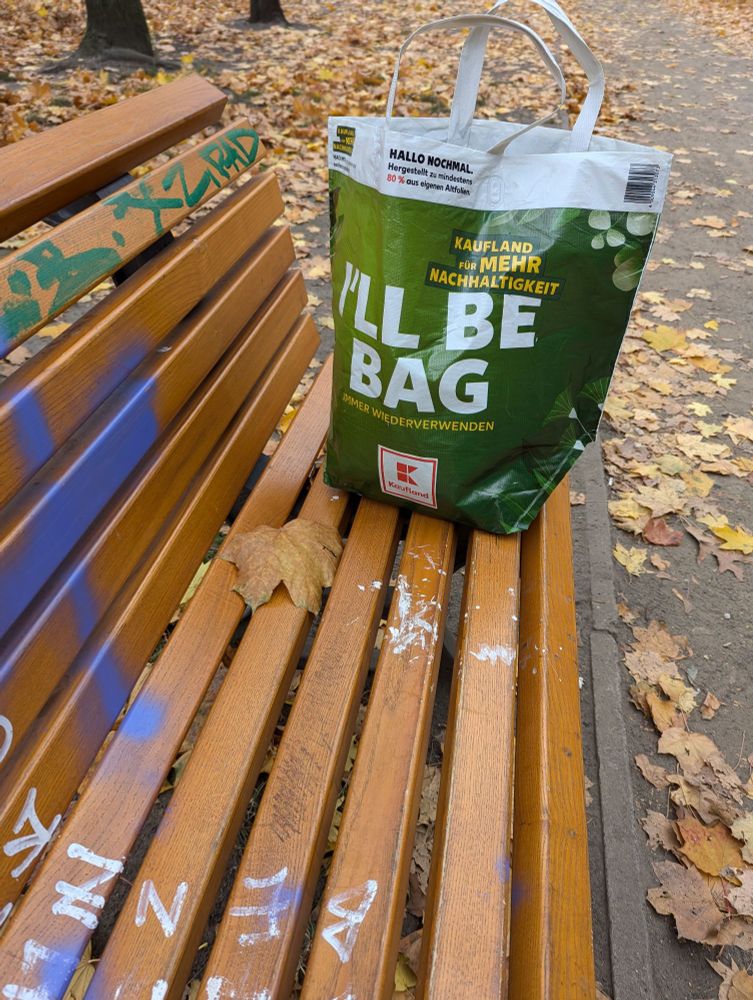


Seeing oystercatchers, as I did today in coastal East Lothian, always puts me in mind of the letter writer to the British Trust for Ornithology who claimed to have sighted "a puffin carrying a carrot".

Seeing oystercatchers, as I did today in coastal East Lothian, always puts me in mind of the letter writer to the British Trust for Ornithology who claimed to have sighted "a puffin carrying a carrot".

academic.oup.com/pages/for-au...

academic.oup.com/pages/for-au...
It's unusually popular in Australian languages, by the look of it.

It's unusually popular in Australian languages, by the look of it.
I haven't seen 'Edinburrae' before. Anyone know how established or accepted it is?
www.scotslanguage.com/articles/nod...

I haven't seen 'Edinburrae' before. Anyone know how established or accepted it is?
www.scotslanguage.com/articles/nod...



